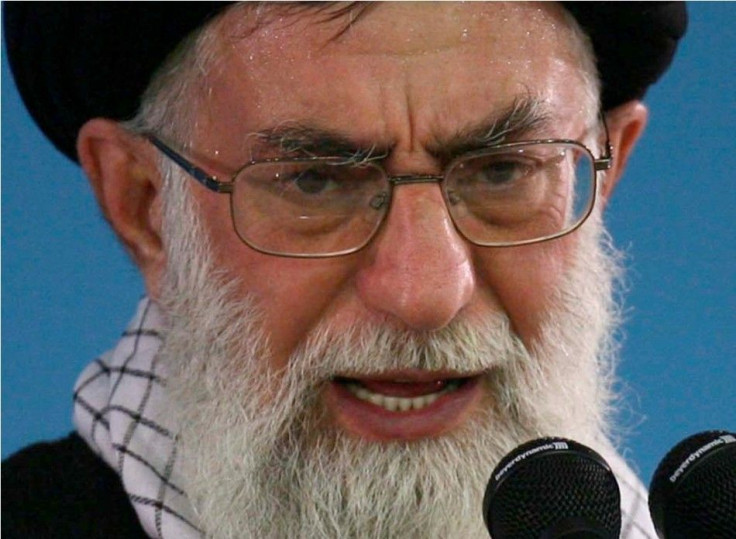Iran-US Coalition Rumours: Iran Launches Air-Strike Against ISIS in Iraq

The Pentagon claimed that Iranian air force had launched an attack on Islamic State in Iraq. However, the Iran government denied that it had coordinated with the United States to launch the attack.
According to Washington, this was the first time since June (when Islamic State occupied the Mosul city in Iraq) that such air strikes were reported in Iraq's Diyala province. The Pentagon spokesman Rear Admiral John Kirby also claimed that the U.S. government had not coordinated any military activity with Iran. According to him, the U.S.-led mission against ISIS was on its own over Iraq. Now it will be up to the Iraqi government to make sure there is no conflict in its airspace, he said. The Guardian reported that Kirby said that U.S. authorities had not changed its earlier decision that they would not coordinate with Iran.
On the other hand, Iran has also denied any coordination with its U.S. counterparts. Brigadier-General Massoud Jazayeri said that the United States had been responsible for the "unrest and problems" in Iraq. The deputy chief of staff of Iran's armed forces also said that the U.S.A would "definitely not have a place in the future of that country." Iran, however, did not issue any official confirmation of its involvement in the alleged air strike. BBC reported that Iran neither denied nor confirmed it even though video footages had captured a fighter jet from Iran conducting the air strike.
Iran has previously expressed its willingness to eliminate ISIS forces to defend Shia Muslims. Islamic State threatened to destroy well-regarded shrines revered by Shia Muslims since it captured several Iraqi towns near Iran's border. The Sunni extremists wish to kill every Shia Muslim. Iran, on the other hand, is considered to be a Shia powerhouse. Iranian Supreme Leader Ayatollah Ali Khamenei said that he would do the needful to protect Shia holy sites and the Shia-led government in Iraq. Even though Iran is not a part of the U.S.-led mission against ISIS in Syria and Iraq, it can act on its own against the militant group.
Iran's alleged air strike against Islamic State encouraged the rumour further that it might work together with its "enemy" United States to eliminate the Middle Eastern extremist forces which might also be a threat for Iran in future.
Contact the writer: s.mukhopadhyay@ibtimes.com.au





















